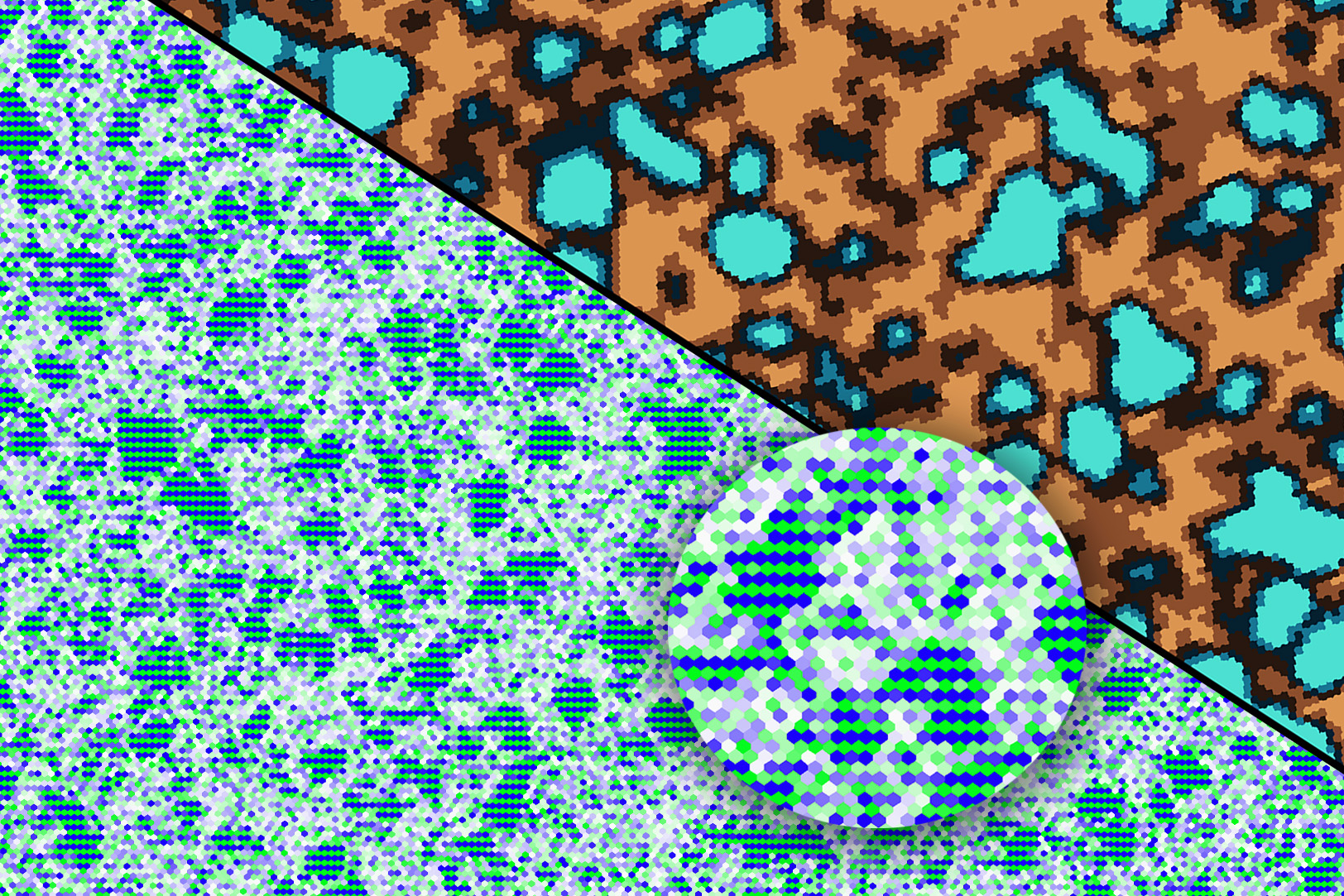Introduction to the Issue
The Australian Financial Review reports that Deloitte Australia will offer the Australian government a partial refund for a report that was littered with AI-hallucinated quotes and references to nonexistent research. This incident raises concerns about the reliability and accuracy of reports generated with the assistance of artificial intelligence.
The Report in Question
Deloitte’s "Targeted Compliance Framework Assurance Review" was finalized in July and published by Australia’s Department of Employment and Workplace Relations (DEWR) in August. The report, which cost Australian taxpayers nearly $440,000 AUD (about $290,000 USD), focuses on the technical framework the government uses to automate penalties under the country’s welfare system.
Discovery of Errors
Shortly after the report was published, Sydney University Deputy Director of Health Law Chris Rudge noticed citations to multiple papers and publications that did not exist. This included multiple references to nonexistent reports by Lisa Burton Crawford, a real professor at the University of Sydney law school. Professor Crawford expressed concern over the attribution of research to her that she did not conduct, seeking an explanation from Deloitte regarding how these citations were generated.
Response from Deloitte
Deloitte and the DEWR addressed the issue in an updated version of the original report published to "address a small number of corrections to references and footnotes." The updated report mentions the use of "a generative AI large language model (Azure OpenAI GPT-4o) based tool chain" as part of the technical workstream. This tool was used to assess whether system code state can be mapped to business requirements and compliance needs, indicating that AI was indeed involved in the report’s generation.
Implications and Concerns
The use of AI in generating reports, especially those that are critical for policy and governmental decisions, raises significant concerns about accuracy, reliability, and accountability. The fact that AI-hallucinated quotes and references made it into a published report underscores the need for rigorous verification and validation processes when AI-generated content is involved.
Conclusion
The incident involving Deloitte’s report highlights the challenges and risks associated with relying on artificial intelligence for generating critical reports. It emphasizes the importance of transparency, accountability, and thorough fact-checking in such processes. As AI becomes more integrated into professional services, ensuring the accuracy and reliability of AI-generated content will be crucial.
FAQs
Q: What was the issue with Deloitte’s report?
A: Deloitte’s report contained AI-hallucinated quotes and references to nonexistent research, which were discovered after the report was published.
Q: How much did the report cost?
A: The report cost Australian taxpayers nearly $440,000 AUD (about $290,000 USD).
Q: What action is Deloitte taking?
A: Deloitte is offering the Australian government a partial refund for the report.
Q: What does this incident indicate about the use of AI in report generation?
A: It highlights the need for rigorous verification and validation processes to ensure the accuracy and reliability of AI-generated content.











